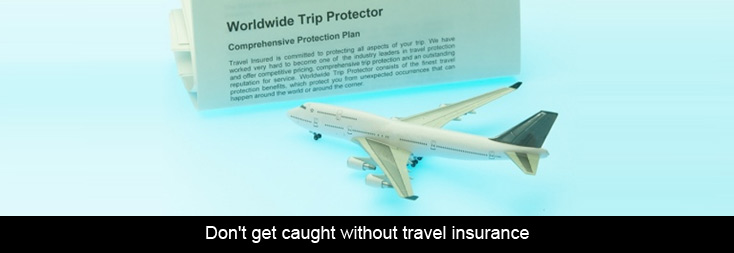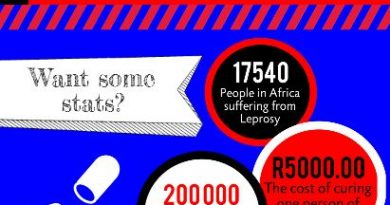What are the major risks and pitfalls with travel insurance?
In the news today it is reported that the strong rand is contributing to increased travel by South Africans to Europe and the UK. All the news is however not positive for travellers. Many South Africans are being evacuated from Egypt and travel plans to the Middle East are disrupted.
This begs the question – would these travellers have protected themselves or are they going to lose all the money paid for travel arrangements?
Many find themselves in a position where they believe their travels are protected with travel insurance, only to find that there is some sort of an exclusion they have not been aware of!
Risks and Pitfalls in travel Insurance
We would like to alert travellers to those aspects that could easily slip their minds and leave them destitute.
Be aware of the following risks:
* Travel Insurance Exclusions
What are the typical exclusions to be found in travel insurance policies?
Exclusions can occur, when for instance a person with a pre-existing medical condition travels. Check your policy: it may say “at any time prior to commencement of the journey” or it may specify that the treatment period is six or 12 months. Dental work is also usually excluded, so it important to get a dental check-up or have any necessary dental work done before travelling.
Other common exclusions include war or terrorism, injury or illness caused by alcohol or drug use and some costs associated with pregnancy. Usually, the insurers cover pregnancy related expenses, if the travel occurs within the first trimester.
* Fine print in travel insurance policies
As with all other insurance policies, it is important to read the terms and conditions of the policy with caution. Many find that the peril they thought would be insured against is in fact not so. Only once they are shown the policy they have signed they find that they “have signed away” their rights to any claims for the damages suffered!
You need to understand the terms and conditions for claiming travel insurance, in case the policy requires pre-authorisation for any treatments or only allows treatment at prescribed medical facilities. Carry the 24-hour emergency telephone number when travelling and phone this number in case of illness or injury for advice on what to do.
Some hospitals require a cash deposit up-front – find out whether the insurance will reimburse you or whether they make arrangement to save you having to come up with large amounts of foreign currency.
Focus on the details in the travel insurance policy
It is important that the traveller takes the time to study the insurance product. Ask questions and gain as much information as needed to make an informed decision.
The insured traveller needs to be clear about who is covered, what is covered and how you go about claiming. It is best if you can access a copy of the contract before you take out the insurance. Always make sure you receive the terms and conditions prior to departure and keep this on you!
Travel insurance contracts might be available for downloading from the websites of insurers, or you can call their travel centres and request a copy of the policy.
Suggestions to Travellers:
We would like to provide the following suggestions to travellers:
* Keep the following information on hand and in a safe place: The contact details of your insurer and the number of the credit card with which you bought the ticket(s). You will probably need to quote the credit card number when claiming if you have automatic cover.
* Always keep track of who you spoke to if you make contact with your insurance company or with any of its agents.
* Keep proof of payment of your travel insurance policy and keep your airline ticket – they may be needed for claims.
* Make copies of all travel documents, including passport, identity document and the insurance policy, and keep the copies in different bags so that you do not lose everything if some of your luggage goes missing.
* Keep all receipts, valuation certificates and other records of items purchased in case you need to claim. You will need to submit proof of payment for items such as luggage, clothing, electronic goods and jewellery.
* If there are any doubts about your health, go for a medical check-up to establish whether you are fit to travel.
For the comprehensive guide to Travel Insurance also view the Arrive Alive website





